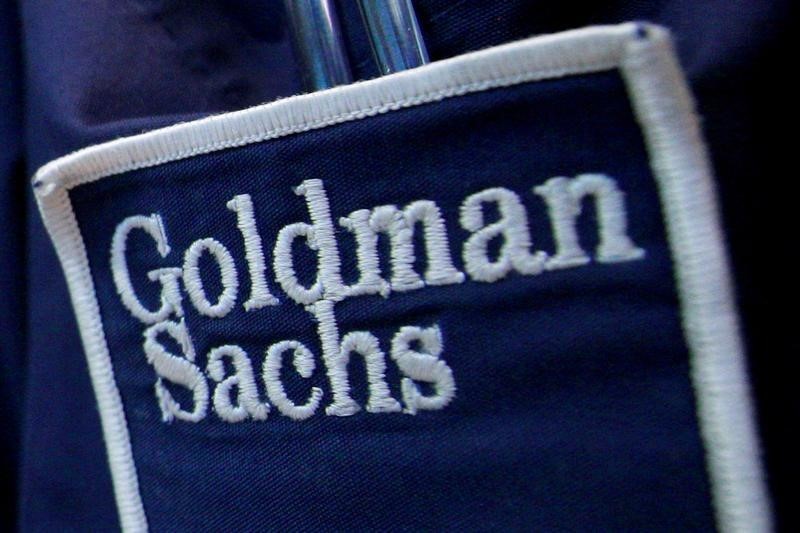By Claire Milhench
LONDON (Reuters) - Nine disputed trades that Libya's sovereign wealth fund (SWF) entered into with Goldman Sachs (NYSE:GS) were unsuitable by "dint of risk and complexity", according to an expert witness at a trial in London's High Court.
The Libyan Investment Authority (LIA) is attempting to claw back $1.2 billion from Goldman Sachs from the trades carried out in 2008. It argues the bank took advantage of its financial naivety by first gaining its trust, then encouraging it to make risky and ultimately worthless investments.
Goldman Sachs denies the allegations and says the trades in question "were not difficult to understand". It has described the LIA's claim as "without merit".
Martin Harrison, managing director of SUMMA Ltd, a management consultancy, appeared in court as an expert witness for the LIA to address the question of suitability.
He said in his report filed with the court: "If an SWF enters into an investment which is of a sophistication (in terms of risk and complexity) that falls utterly beyond the competence of the institution to cope with it in terms of expertise and organization, then that investment is without question unsuitable."
The report, seen by Reuters, said Harrison had in the past served as an investment adviser to the Abu Dhabi Investment Authority and to the Government of Singapore Investment Corporation. He also headed group asset management at the Qatar Investment Authority.
DERIVATIVES
Robert Miles, a lawyer for Goldman Sachs, put it to Harrison in cross examination that the emphasis he had placed on a SWF's decision-making process and the need for an asset allocation policy in his report related more to good corporate governance rather than questions of suitability.
Harrison replied there was an element of both, adding: "If there is no asset allocation framework, it is going to be very hard to determine whether a prospective investment fits."
Harrison said in his report that in his extensive experience of working with SWFs, such direct, strategic use of derivatives by internal teams was unusual even among long-established SWFs.
"I conclude that the disputed trades were incongruous and exceptional trades. They were unsuitable for the LIA and I can find no investment rationale for them," his report said.
In court documents setting out Goldman Sachs's position the U.S. investment bank argued: "The disputed trades were straightforward transactions from the LIA's perspective which the LIA was able to and did in fact understand."
The court also heard from Dr Eliot Kalter, senior fellow at The Fletcher School at Tufts University. Kalter's report on suitability, prepared for Goldman Sachs and filed with the court, criticised Harrison's view of how SWFs approach investments.
He said that far from being unusual, the disputed trades were just a few of the many investments entered into by the LIA at this time. Nor was it alone amongst SWFs in taking exposure to the financial sector in 2007-08, he noted.
"As it turned out, financial stocks performed poorly over the subsequent years ... It is this decline in the share prices, rather than any structural feature of the investment, which resulted in the LIA suffering losses on the disputed trades," Kalter's report said.
The trial is expected to run until the end of July.
